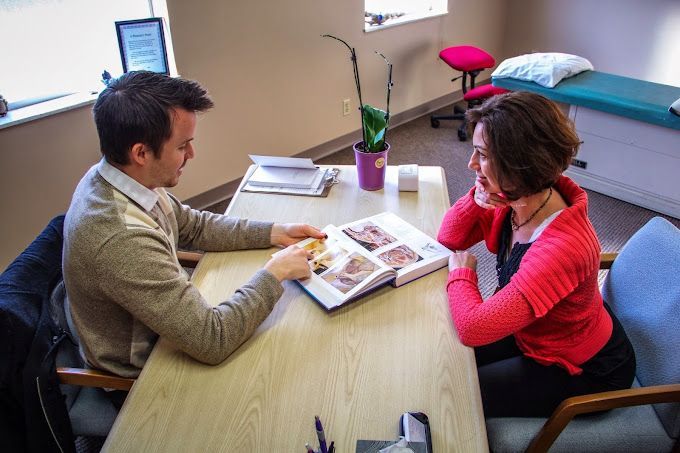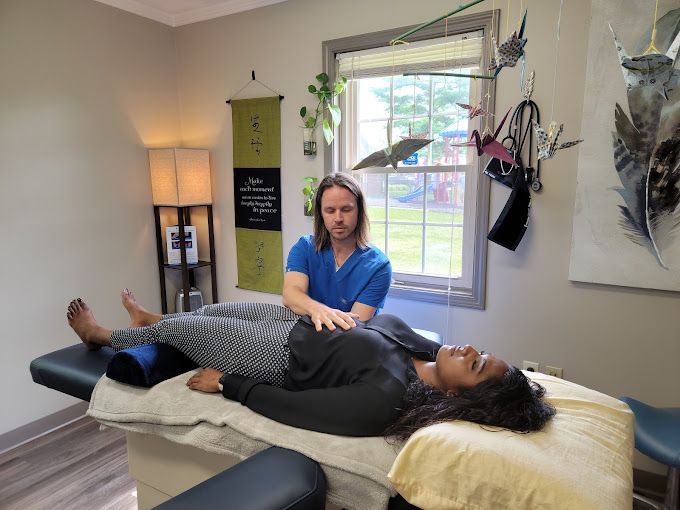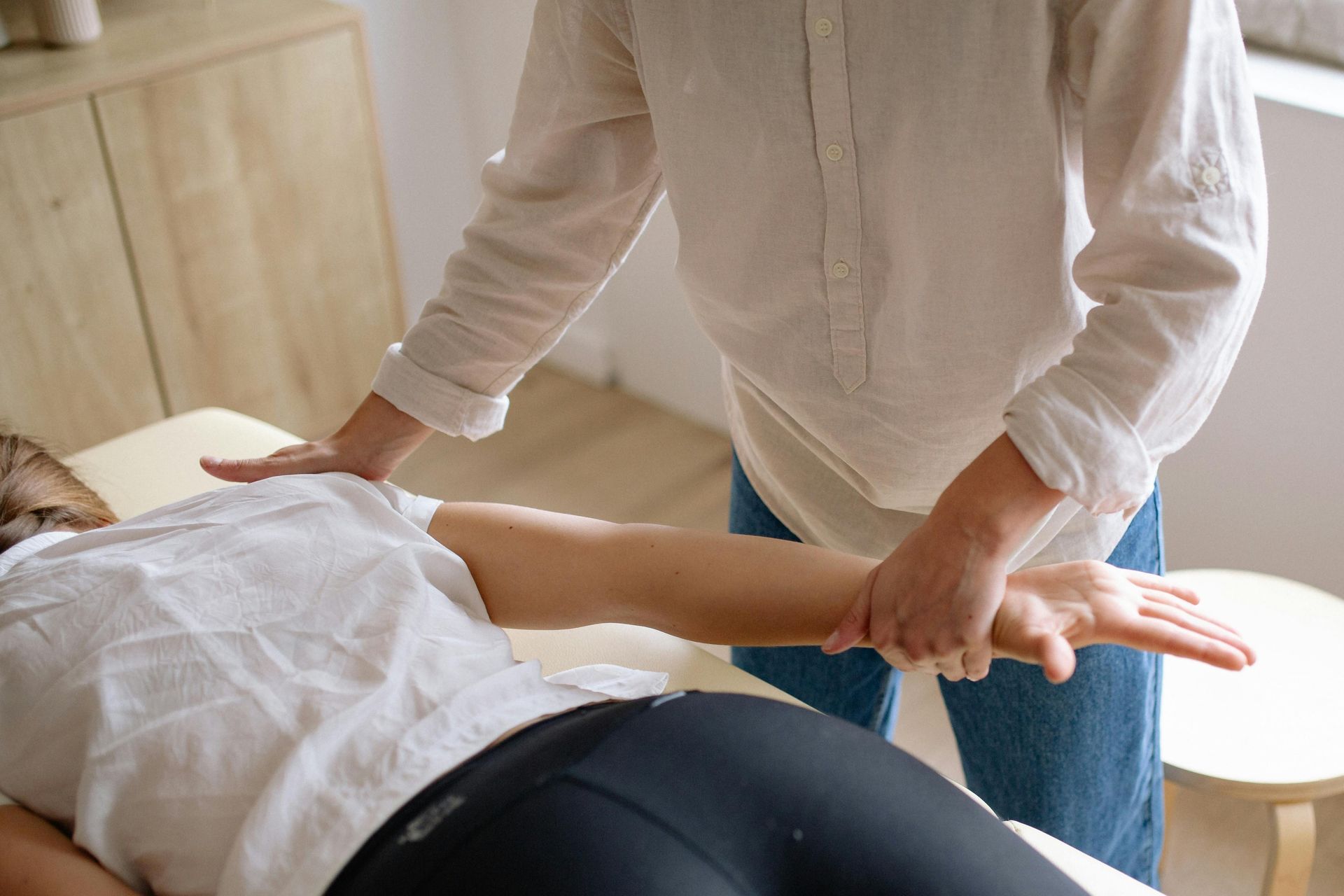Send Us A Message
We will get back to you as soon as possible.
Please try again later.
Our Approaches to Healing
Dr. William Starsiak, an Indianapolis native and Osteopathic Physician, specializes in Osteopathic Manual Medicine (OMM) to restore structural balance. Using gentle techniques like Biodynamic Cranial Osteopathy and Balanced Ligamentous Tension, he effectively treats persistent pain and structural issues unresponsive to other treatments.
Holistic Healing Through Touch
Osteopathic Manual Medicine & Cranial Osteopathy
Cranial Osteopathy & Biodynamics
Our Cranial Osteopathy and Biodynamics services emphasize the connection between the cranial structures and the body's overall health. By gently manipulating the cranial bones and tissues, we aim to restore balance and alleviate discomfort, enhancing your body's natural healing processes.
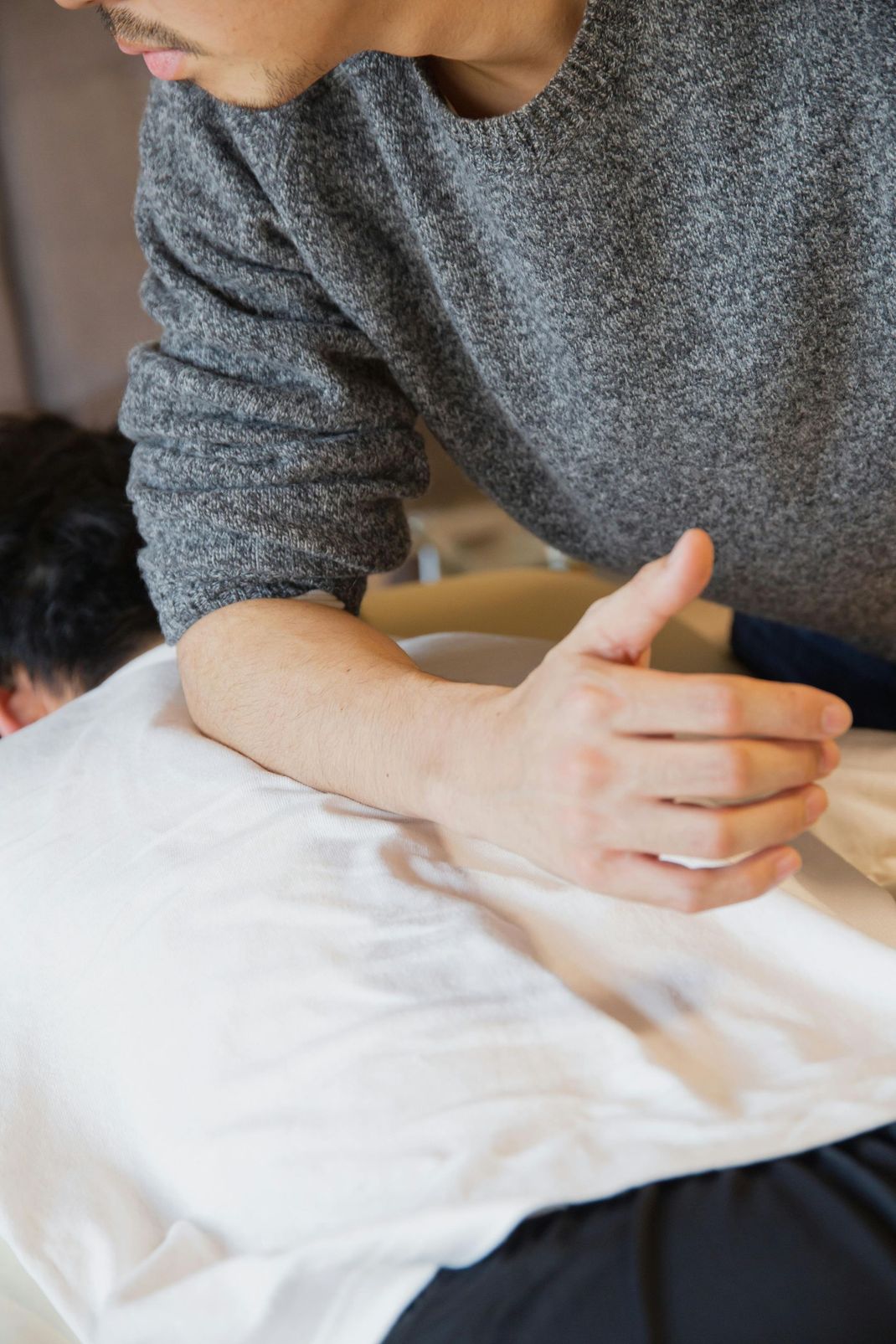
Photobiomodulation
Photobiomodulation (low-level laser therapy) uses light energy to trigger photophysical and photochemical changes in cells, interstitia, and membranes. It speeds wound healing, regenerates tissue, boosts circulation, reduces inflammation and chronic pain, and restores normal cell function. It enhances range of motion, decreases pain, and supports healing, especially for frozen shoulder, autoimmune conditions, and arthritis.
Concierge Primary Care
We provide high-quality care without memberships or high fees, treating new and chronic conditions with a thorough approach. Services include Hormone and Peptide Therapy, IV Therapy, Herbal Prescriptions, Osteopathic Manipulation, and more. Insurance covers labs, imaging, and prescriptions when possible, and HSA payments are accepted. Patients get direct physician access for urgent needs.


Platelet Rich Plasma (PRP) boosts healing by attracting fibroblasts to repair connective tissue. Used since the early 20th century, it involves injecting PRP or other substances into joints, ligaments, or tendons. Proven effective for arthritis, TMJ, injuries, instability, incontinence, and sexual health, treatment usually requires 1-3 injections a month apart. Download a 2016 research review below.
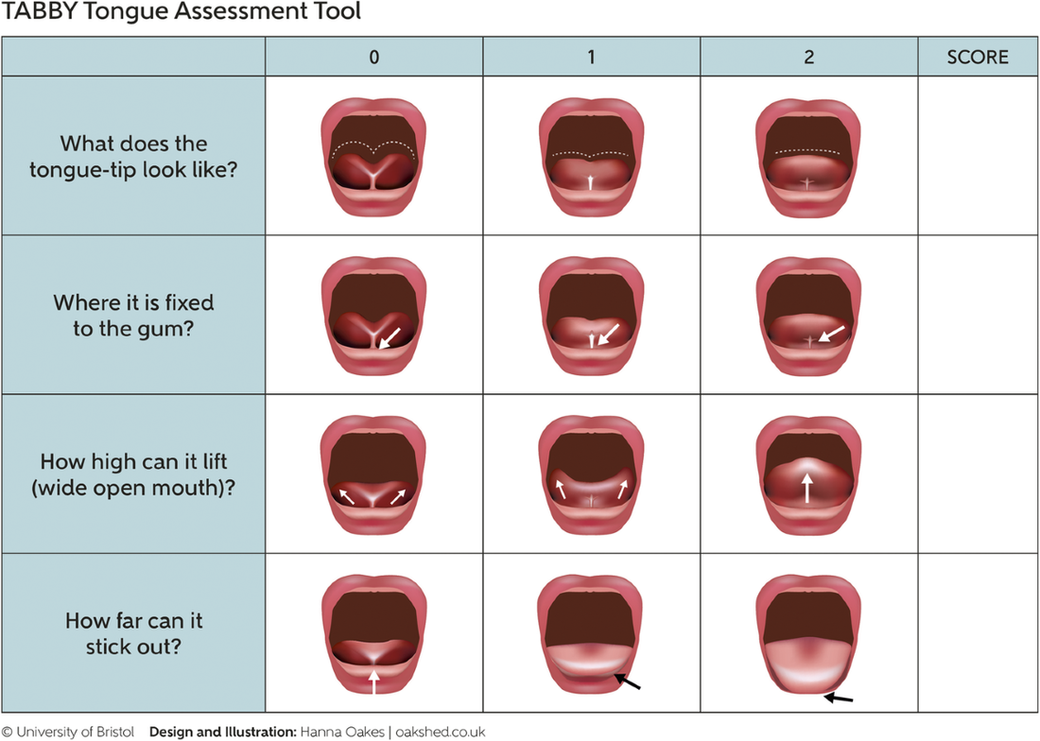
Breastfeeding Consultation & Tongue Tie Treatment
Starsiak Osteopathic Clinic offers expert breastfeeding support and tongue tie treatment to ensure a smooth feeding journey. Tongue tie can hinder latching and cause discomfort, but early intervention helps babies feed comfortably and thrive. Schedule a consultation today.
EMSELLA® PELVIC FLOOR TREATMENT
Frequent, urgent trips to the bathroom can disrupt daily life. Urinary incontinence often results from weakened pelvic floor muscles due to aging, childbirth, or menopause. Traditionally, kegel exercises were the only solution—but now, Starsiak Osteopathic Clinic offers Emsella®, a non-invasive treatment designed to restore strength and control.
B.E.M.E.R Pulsed Electro-Magnetic Field Therapy
BEMER® enhances blood flow in the arterioles and venules, improving oxygen delivery, waste removal, and lymphatic flow. Studies show its effectiveness in supporting vascular health.
Watch [Patient Testimonials] to learn more, and call 317-410-9978 for a free consultation!
Fotona Nightlase
Fotona’s NightLase® therapy is a non-invasive laser treatment that improves sleep by reducing snoring and sleep apnea through gentle collagen tightening in the oral tissue.

Ketamine Therapy
Ketamine therapy rapidly treats depression, anxiety, and PTSD by targeting glutamate receptors. At Starsiak Clinic in Indianapolis, Dr. Starsiak administers IV infusions with close monitoring. Contact us to learn more or book an appointment.
Shockwave Therapy
Shockwave therapy is an FDA-cleared, non-invasive treatment that enhances healing and relieves pain, effectively treating tendinitis, plantar fasciitis, and more.

Empowering Your Healing Journey
Comprehensive Osteopathic Care

Addiction Medicine
We offer holistic care for addiction, combining yoga, massage, Osteopathic manipulation, medication-assisted treatment, counseling, and herbal prescriptions in a relaxed, non-judgmental environment. We treat alcohol, marijuana, opioid, cocaine, and food addictions.
Personalized Yoga, Breathwork, & Meditation Instruction
Recent studies show meditation reduces anxiety, pain, depression, and stress while improving emotional intelligence. Dr. Starsiak tailors meditation and breathwork to each patient, with support from a massage therapist and yoga instructor for personalized, safe sessions.

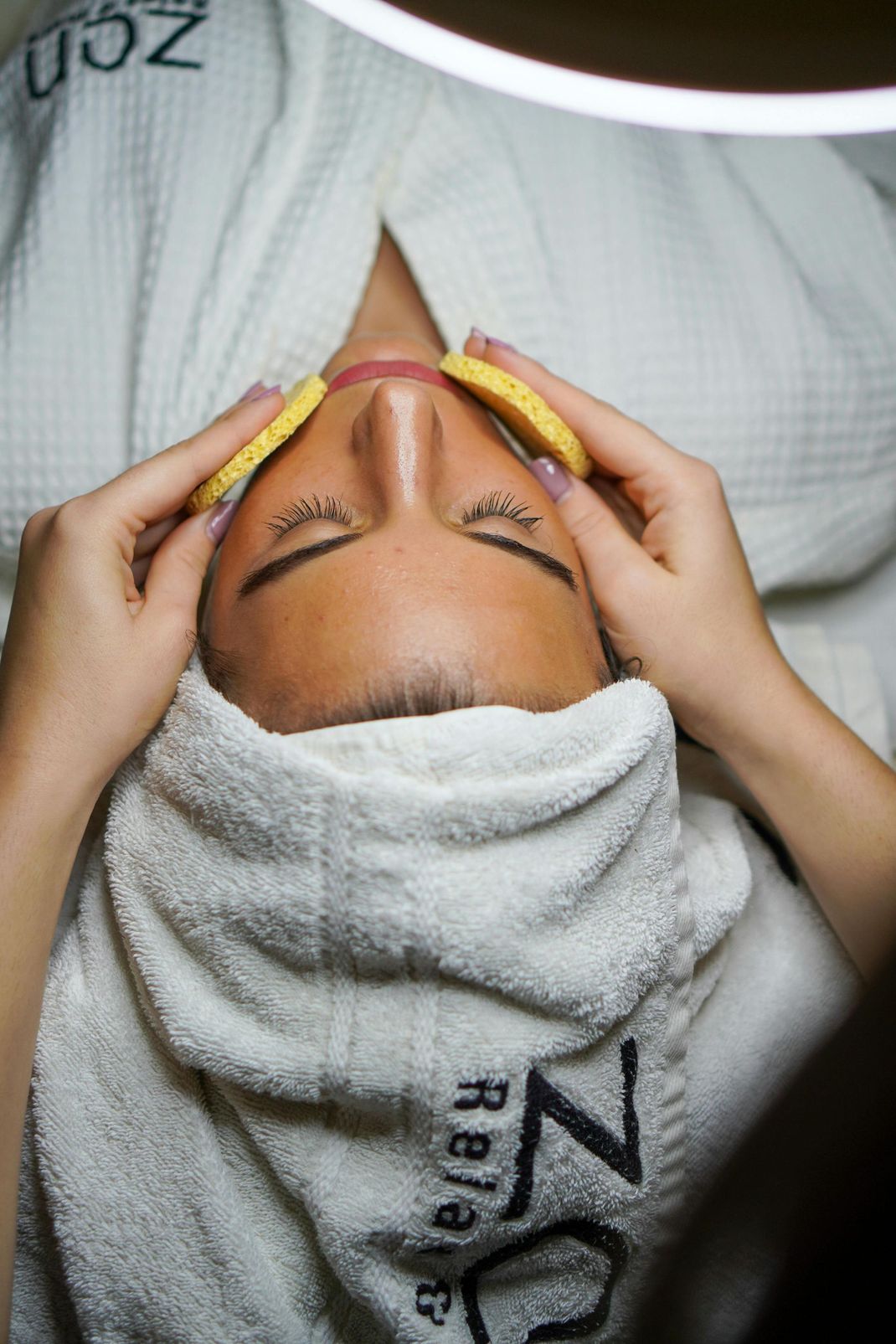
Suboxone Treatment for Opioid Dependency
In 2018, opioid addictions caused over 1,000 deaths in Indiana. Buprenorphine helps prevent relapse by targeting opioid receptors, reducing cravings, preventing withdrawal, and lowering overdose risk without causing a high. It supports recovery, relationships, and employment.

